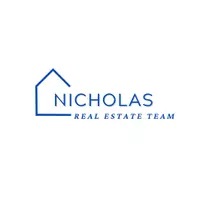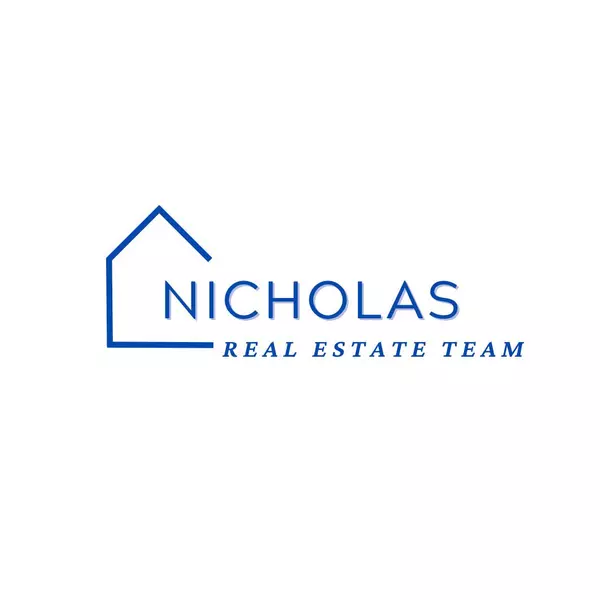Things to Be Aware of When Purchasing a Condo
Buying a condo is a bit like joining a unique club—one that comes with its own perks, responsibilities, and a few rules to follow. If you’re considering making the leap into condo living, here are some essential things to keep in mind before you sign on the dotted line.
Understanding HOA Fees and Rules
When you buy a condo, you’re not just purchasing a home; you’re also buying into a community governed by a Homeowners Association (HOA). Every month, you’ll pay HOA fees, which cover things like landscaping, building maintenance, shared amenities, and sometimes even certain utilities. But remember, these fees can vary widely and can increase over time. It’s wise to ask for a history of past fees and any planned increases.
HOAs also set the rules—think of them as the club’s bylaws. These can include regulations about pets, renovations, renting out your unit, and even what you can display on your balcony. Make sure you review these rules carefully to ensure they fit your lifestyle.
Checking the Financial Health of the HOA
A well-run HOA should have healthy financial reserves for future repairs and emergencies. Ask to see the HOA’s financial statements. If reserves are low, there’s a risk of “special assessments”—unexpected charges for big-ticket repairs like a new roof or elevator. These can be costly surprises, so it pays to do your homework.
Amenities: Perks or Extra Costs?
Condos often come with enticing amenities: pools, gyms, lounges, and more. While these can enhance your lifestyle, remember you’re paying for them through your monthly fees. Be realistic—will you use the rooftop pool or fitness center, or are you better off with a simpler building (and lower fees)?
Insurance: What’s Covered and What’s Not
The HOA typically carries a master insurance policy that covers the building’s structure and common areas. However, you’ll need your own condo insurance for your belongings and anything inside your unit—like appliances, flooring, and personal liability. Clarify with the HOA where their coverage ends and yours should begin.
Resale Value and Community Reputation
Not all condos are created equal when it comes to resale value. Look for buildings with a high owner-occupancy rate, good management, and a solid reputation. Lenders and future buyers often prefer buildings where most people own (rather than rent) their units, as it usually means a more stable and invested community.
Parking and Storage: The Fine Print
Parking spots and storage lockers aren’t always guaranteed. Some condos include them, others sell or rent them separately. Make sure you know exactly what comes with your unit and what doesn’t—especially if you have a car or need extra space for bikes, skis, or holiday decorations.
Noise and Privacy
Condo living means sharing walls, floors, and ceilings with neighbors. Soundproofing varies from building to building, so it’s a good idea to visit at different times of day and listen for noise. If peace and quiet are important to you, ask about the building’s construction and any noise policies.
Final Thoughts
Purchasing a condo can be a fantastic way to enjoy homeownership with fewer maintenance headaches and a built-in sense of community. By understanding the ins and outs—from HOA fees to amenities, insurance, and resale value—you’ll be better prepared to find a condo that truly fits your needs and lifestyle. Happy house hunting!
Categories
Recent Posts



